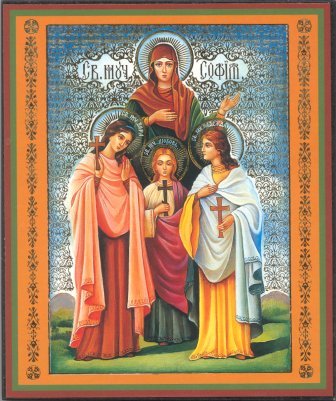
I love the BBC genealogy programme Who Do You Think You Are?, which takes well-known people deep into their family history and on an emotional journey that often changes their lives for ever.
There is something truly profound about uncovering your roots, finding out who your ancestors were and what challenges they faced in their lives. I’ve dipped in and out of my family history over the years but my interest was rekindled this weekend when my husband started tracing his lineage.
With the help of genealogy website ancestry.co.uk, which was allowing free access to the 1911 Census all weekend, we added to the information his parents gave him, filling in some gaps, correcting some names and piecing together the jigsaw puzzle of his family background.
We knew that his grandfather lost his life at the age of 30 when a bomb landed on the pub he was in, but we were able to put that tragedy in a wider context when we discovered that 72 people died that night in one of the biggest air raids in that area during late 1940.
We also discovered that he had three older sisters, and was probably the treasured only son of that family. My father-in-law was six months old when his dad popped over the road for a pint and never came home.
Events such as this are life-defining – especially when you lose a parent so early in life – but it’s all a question of perspective. They become an important part of your story, but it’s up to you how you interpret them.
At different times in the past, the defining event of my life became part of my “poor me” narrative, an excuse for rejecting intimacy, a reason to become independent, or the pain that I hid deep inside.
But by putting the event in the wider context of history, I was able to see it from a very different perspective. My challenges were uniquely mine but I’ve never had to live through war or been subjected to prejudice, unlike my Jewish great-grandparents, who had to leave everything they knew behind in Russia and come to England to escape the pogroms of the late 19th century.
The 1911 Census showed that their eldest daughter was Russian, but that seven children had been born in different locations in England. There is a story in there about why they had to keep moving on, and why my grandfather called himself George rather than his birth name, Gershon.
On my mother’s side of the family, I discovered that one set of great-grandparents lived a few miles away from where I live now, and that my grandmother’s dad was a glass bottle packer.
What floored me, though, was finding out that two of my great-grandmothers were called Sophia! This is especially intriguing as one was a Londoner and the other Russian – although I suspect the spelling of the latter’s name had been anglicised.
Sophia is the Greek word for wisdom, although I’ve now learned that she is found throughout the Bible and was revered by the Jews as the Bride of Solomon. She is wisdom incarnate and goddess of all those who are wise.
I’m more than happy to be descended from two women named after the goddess of wisdom, and incorporate that into my story. Everything I do now, both professionally and personally, is based on staying connected to my inner wisdom.
So perhaps I should thank my great-grandmothers for pointing me in that direction. I’m also full of gratitude to all the members of my family that came before me, whose strength and determination made my life possible.
(Pictured above: a Russian icon of Sophia and her three daughters, Faith, Hope and Charity, courtesy www.northerway.org)
Leave a Reply